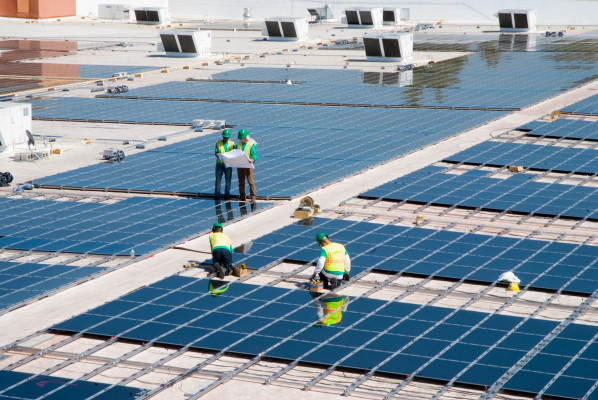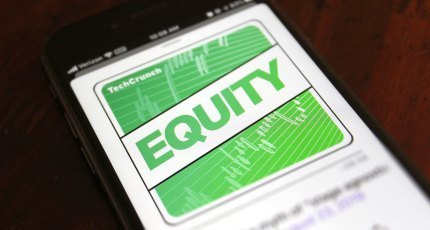Walmart came out swinging earlier this week in a lawsuit that accused Tesla of breach of contract and gross negligence over problems with rooftop solar panel systems installed at the retail giant’s stores.
Now, just days later, the lawsuit has been placed on hold while the two companies try to reach an agreement that would keep the solar installations in place and put them back in service, according to a joint statement issued late Thursday night.
“Walmart and Tesla look forward to addressing all issues and re-energizing Tesla solar installations at Walmart stores, once all parties are certain that all concerns have been addressed,” the statement read. “Together, we look forward to pursuing our mutual goal of a sustainable energy future. Above all else, both companies want each and every system to operate reliably, efficiently, and safely.”
Walmart hasn’t dropped the lawsuit. The complaint is still on file with New York state court. But the two parties are going to try to reach an agreement that would avoid a lawsuit.
The lawsuit, which is aimed at Tesla’s energy unit that was formerly known as SolarCity, alleges that seven fires on Walmart rooftops were caused by the solar panel systems. Walmart asked Tesla to remove the solar panel systems on all 244 stores where they are currently installed and to pay for damages related to fires that the retailer alleges stem from the panels.
Now, a Walmart spokesperson said it is “actively working towards a resolution” with Tesla.
Neither Tesla or Walmart would explain the details of the negotiations.
The stakes are high for Tesla. Earlier this month, Tesla CEO Elon Musk announced a new rental offering for solar power in a bid to reboot the flagging renewable energy business.
Tesla’s share of the solar market has declined since its merger with SolarCity in 2016. In the second quarter Tesla deployed only 29 megawatts of new solar installations, while the number one and two providers of consumer solar, SunRun and Vivint Solar, installed 103 megawatts and 56 megawatts, respectively.
Tesla’s renewable energy business includes residential and commercial solar and energy storage products. The company also has a utility-scale energy product called Megapack. While Tesla still produces solar panels for residential use, much of its focus has been on developing its solar roof, which is comprised of tiles. It still operates a commercial business, which targets municipalities, schools, affordable housing, enterprise and agriculture and water districts as customers.
The company doesn’t provide a breakdown of its solar installations, making it difficult to determine if the commercial business is flat, falling or on the rise. Language in its latest 10-Q suggests Tesla is putting a renewed effort into its solar business.
Tesla said it’s working on revamping the customer service experience for solar products, according to the 10-Q. The company said while its retrofit solar system deployments have decreased it expects they “will stabilize and grow in the second half of the year.”










